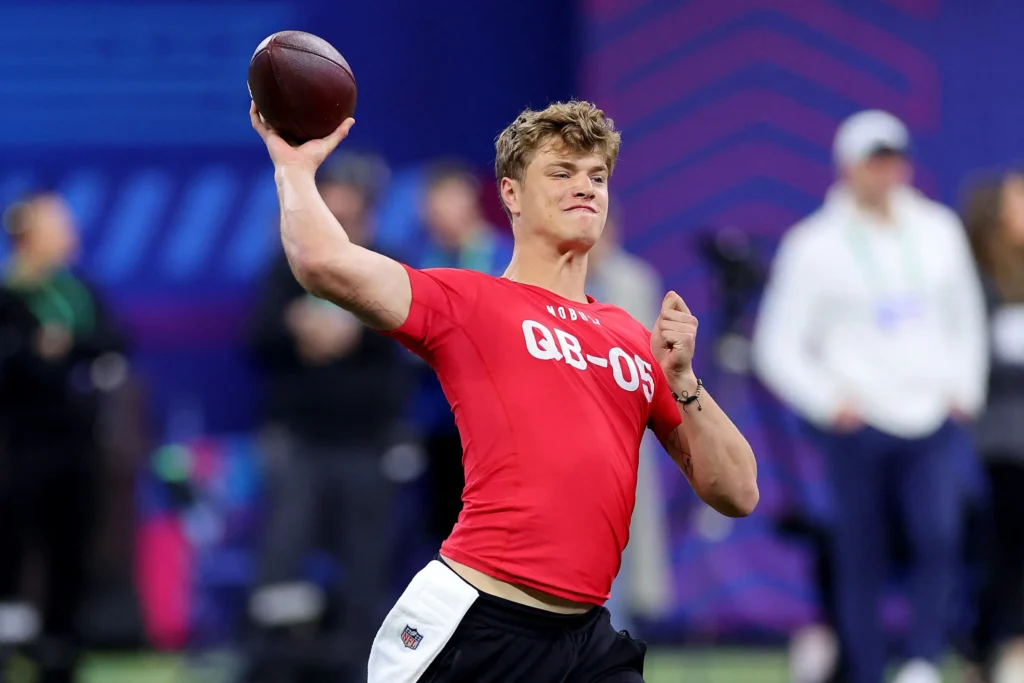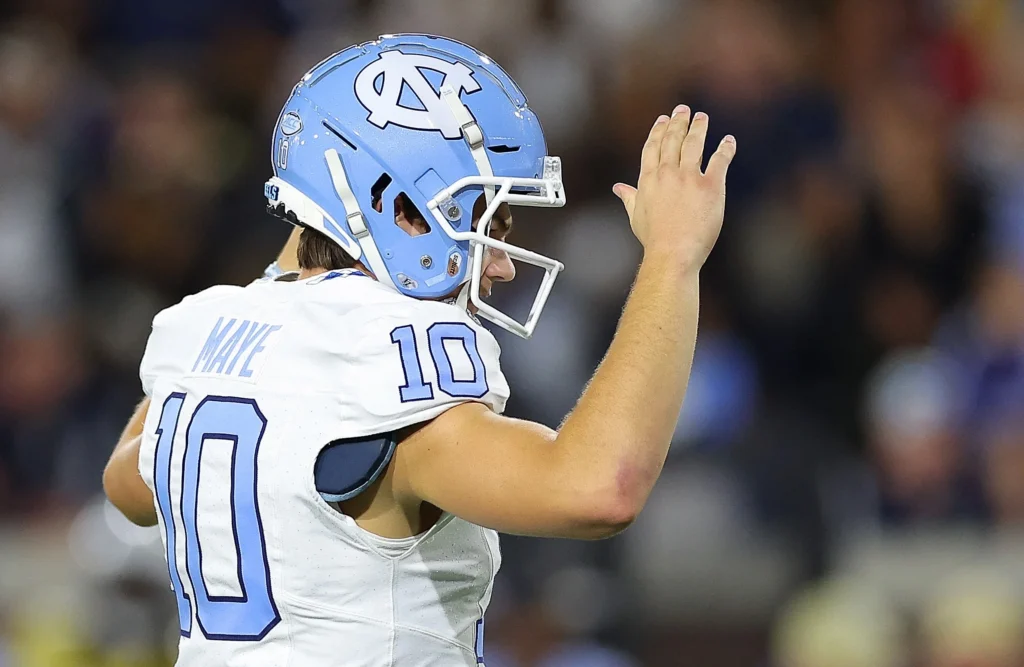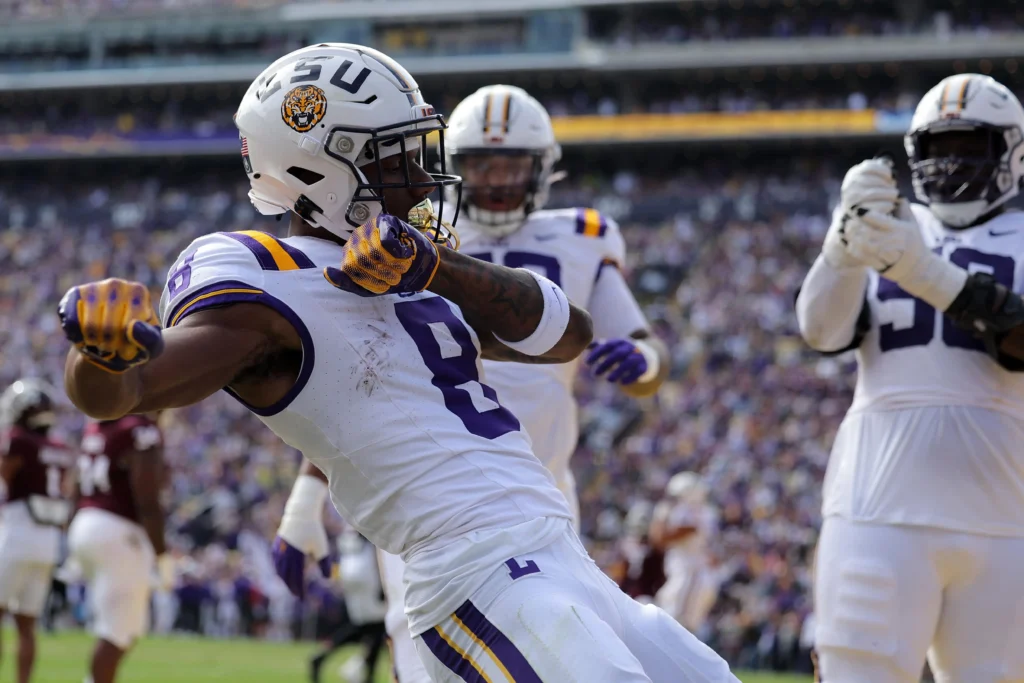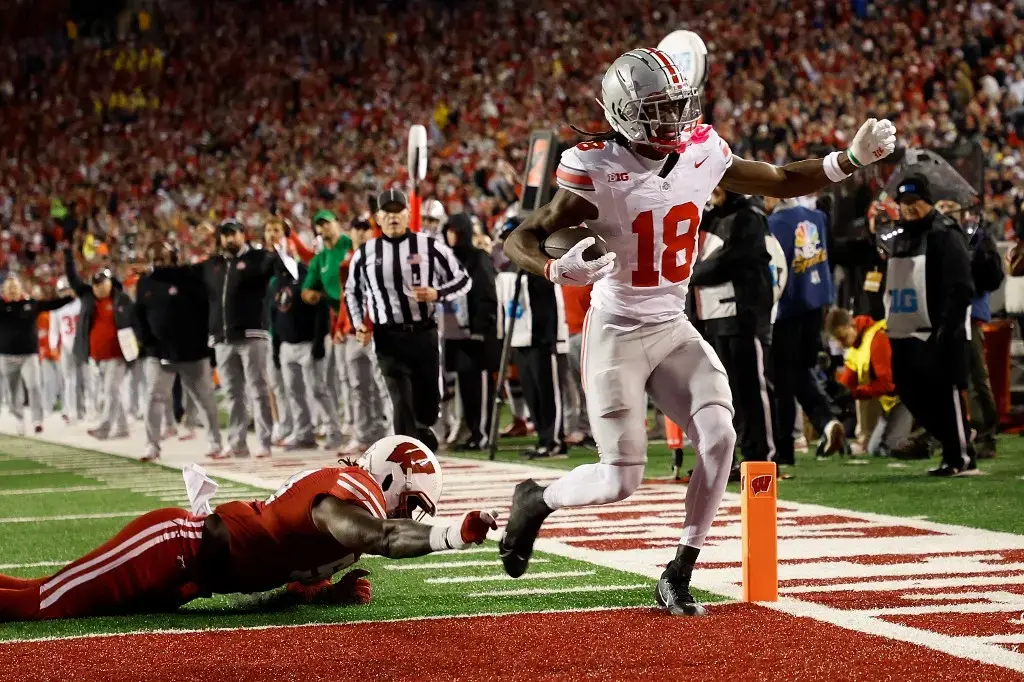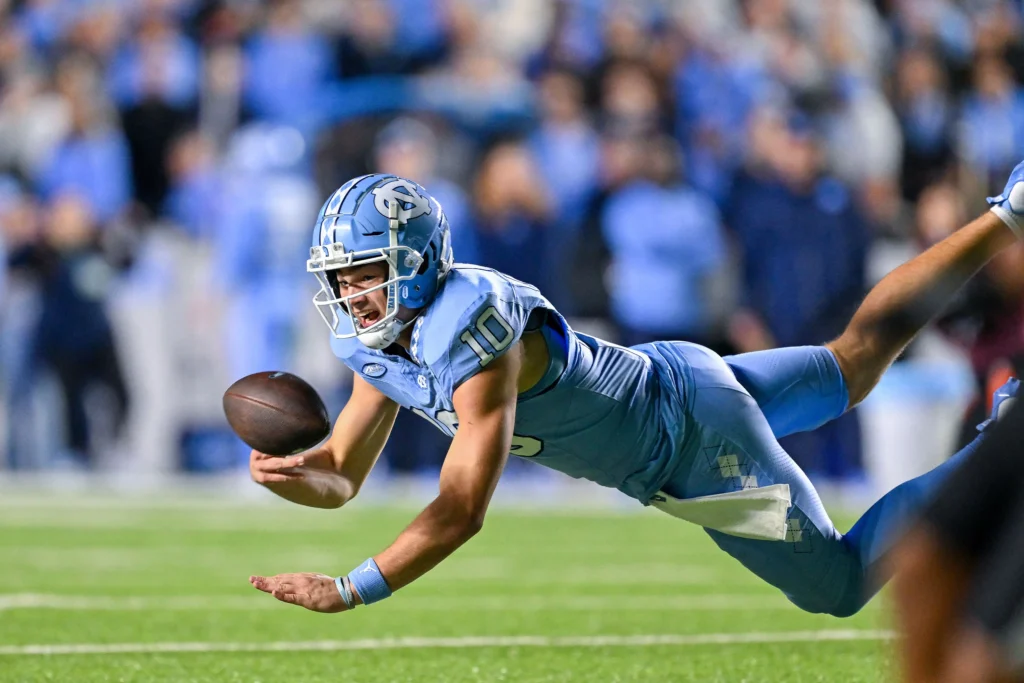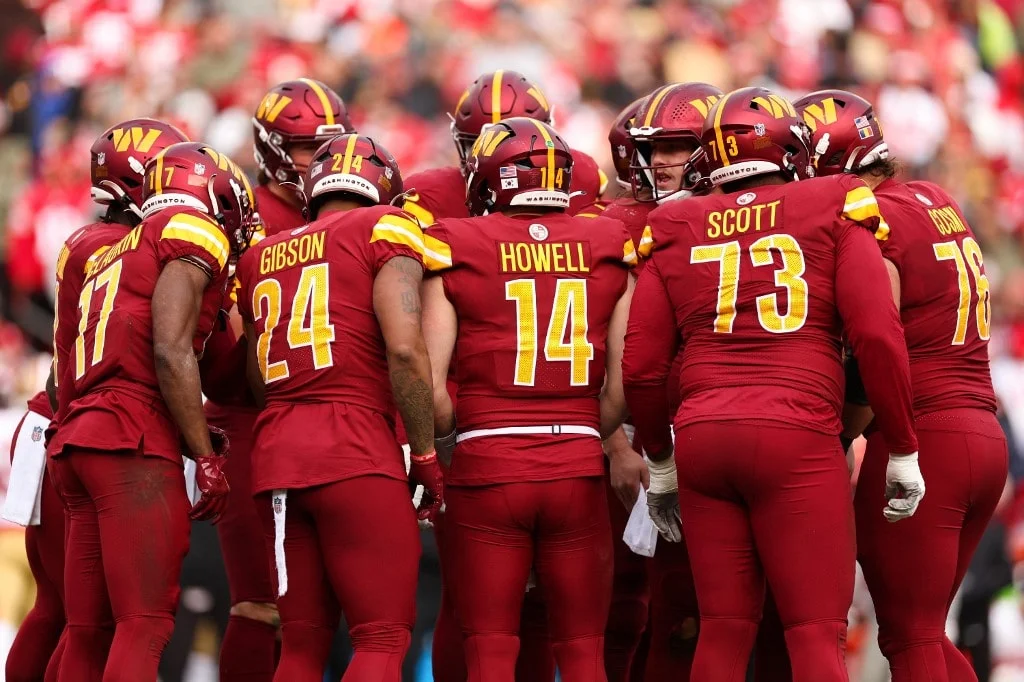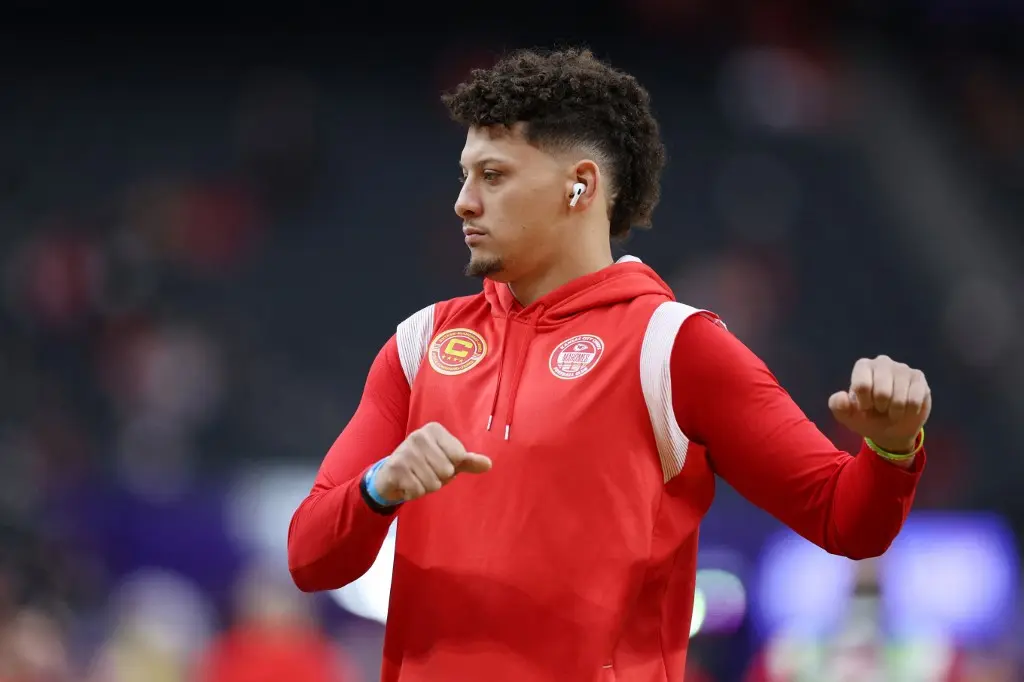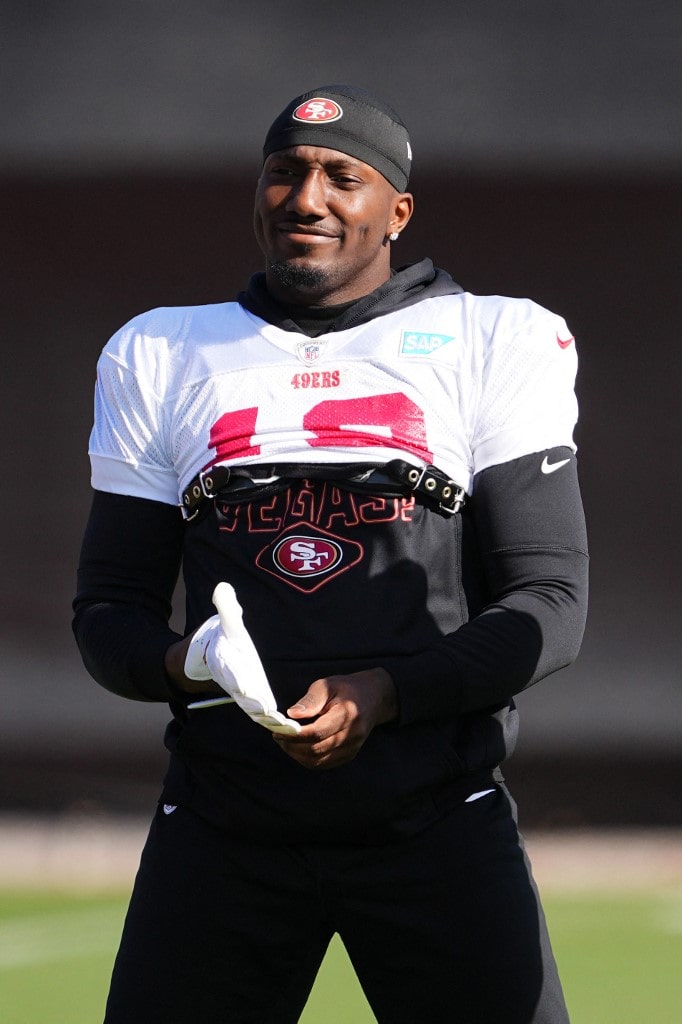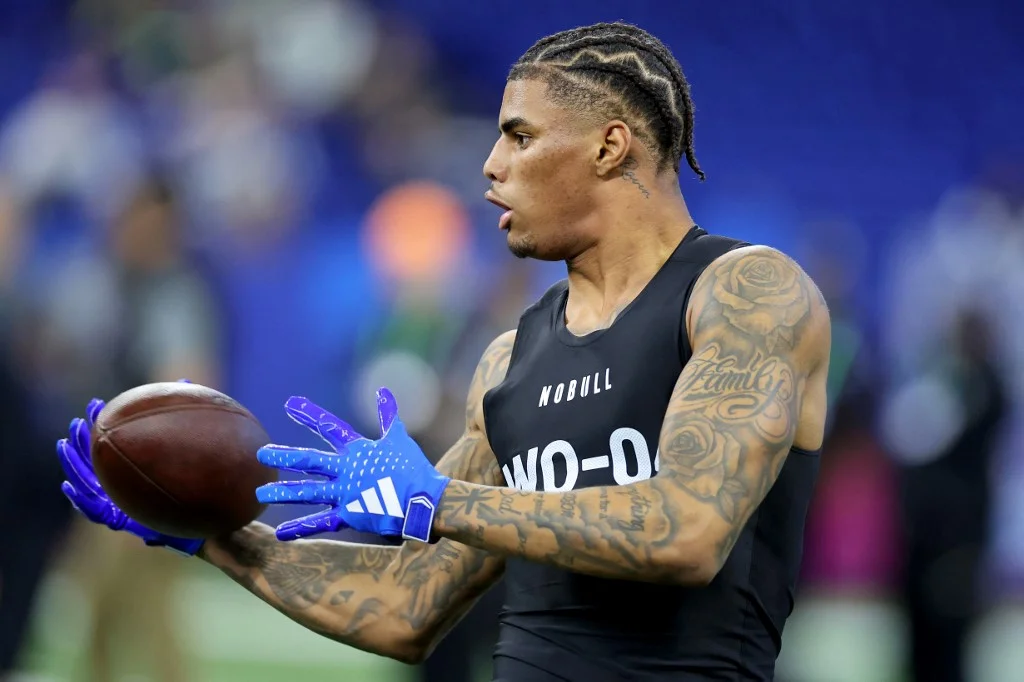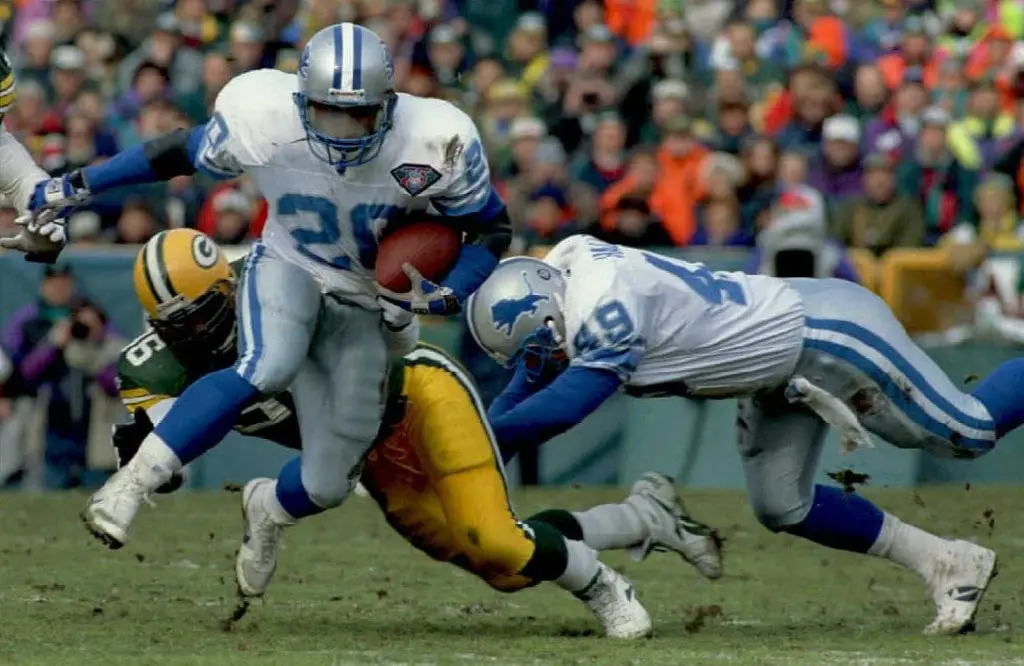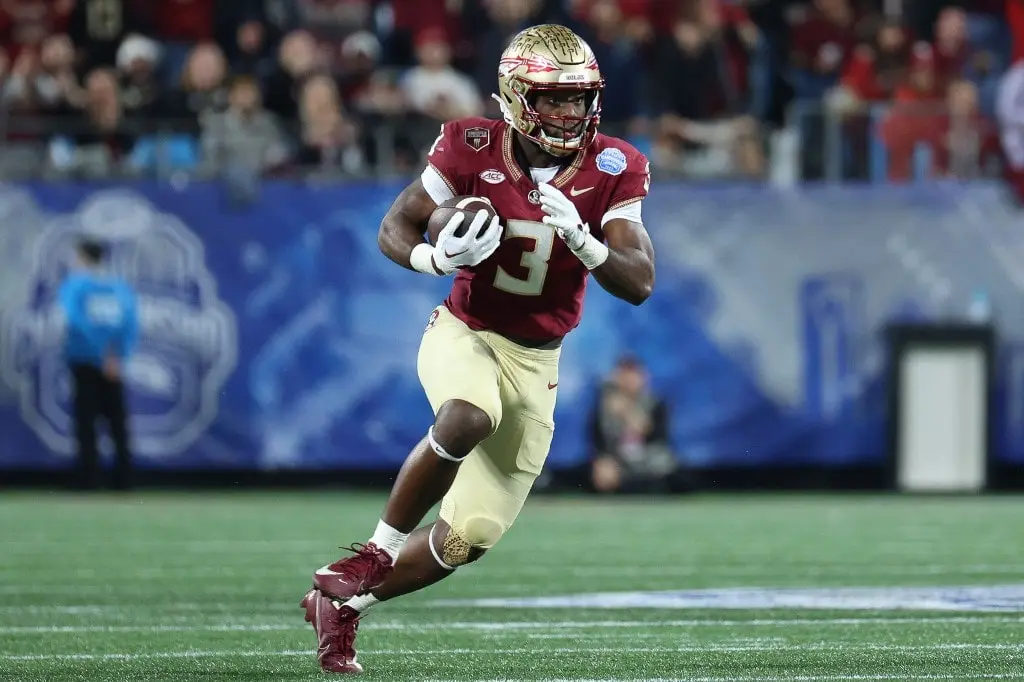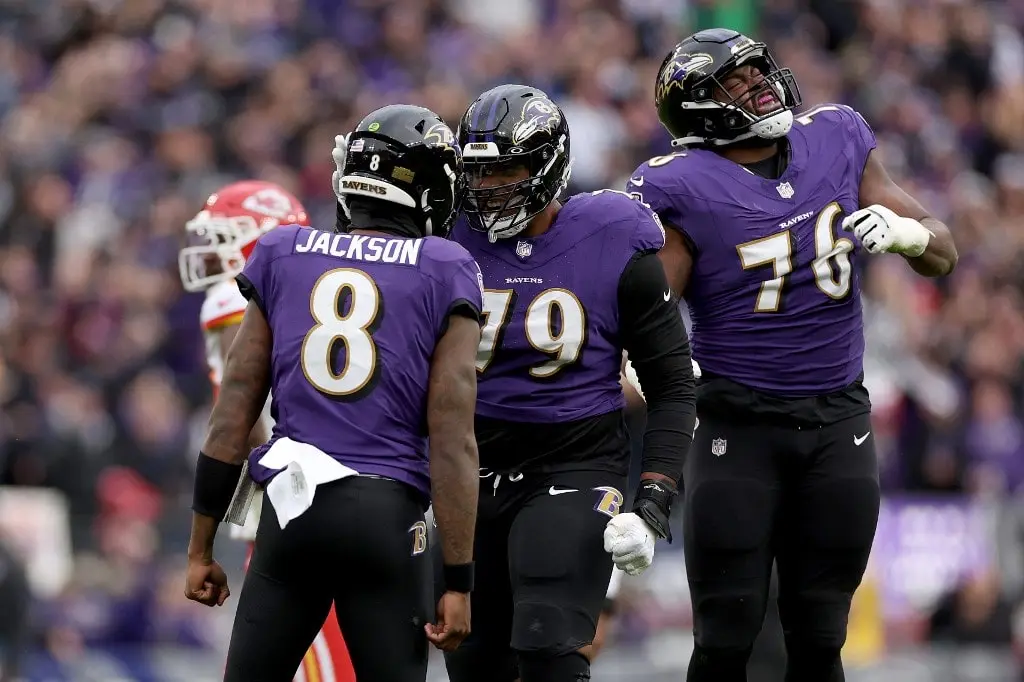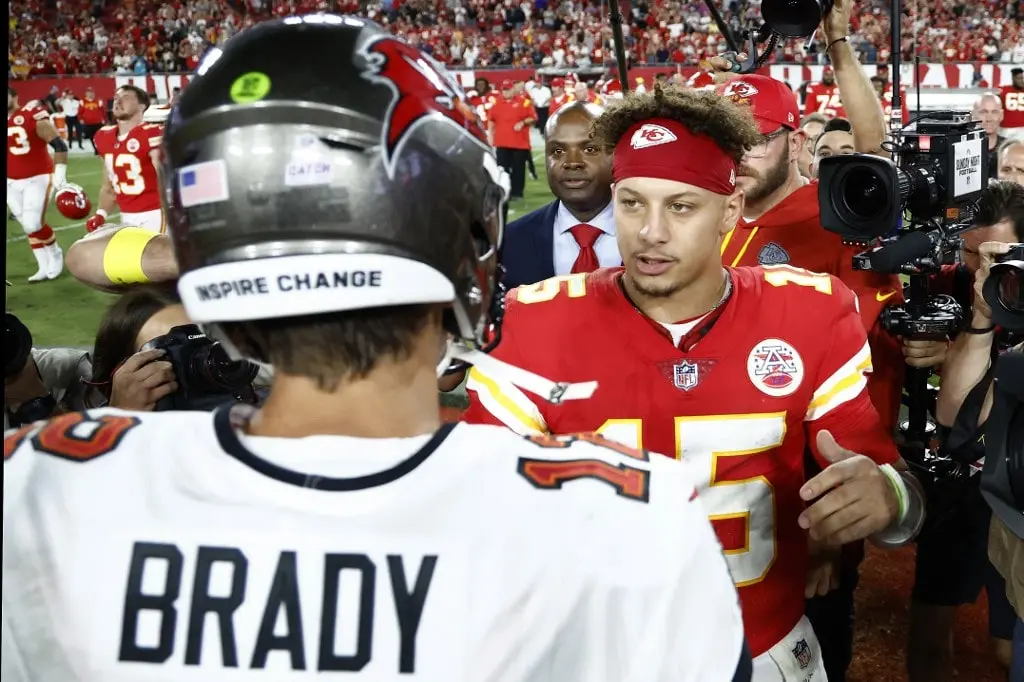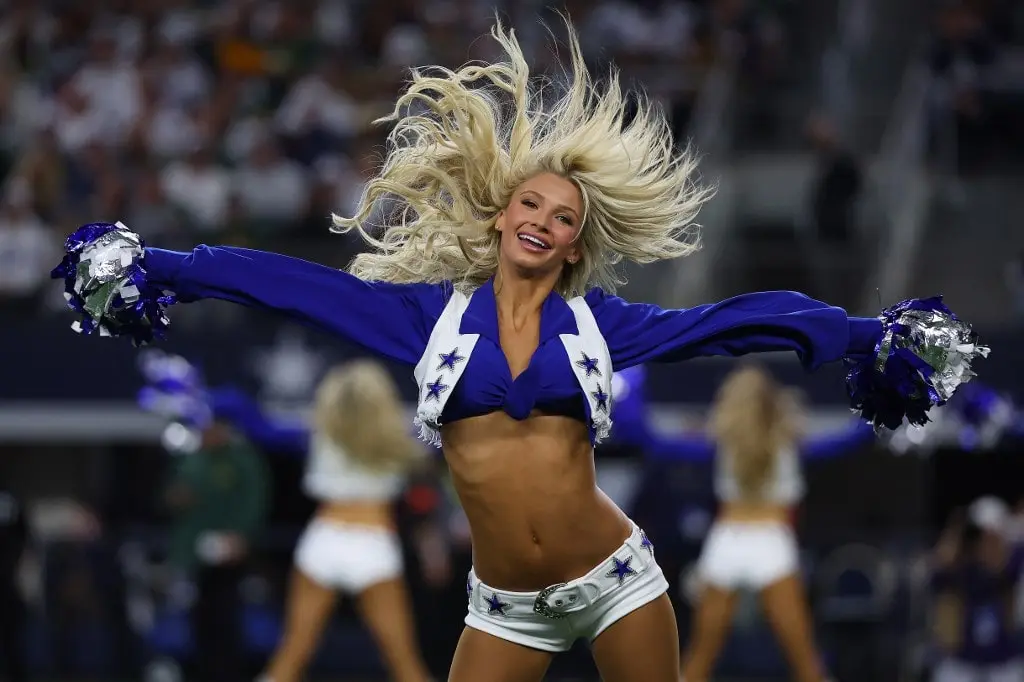Super Bowl Broadcasting: Everything you need to know from 1967 to 1980
The Super Bowl has become a pseudo-national holiday with nearly 100 million people tuning in, but that was not always the case. In the early years of the Super Bowl, the game wasn’t even called the Super Bowl. It was first called the AFL-NFL World Championship Game after the merger of the two football leagues.
The early years of the Super Bowl were successful but pale compared to the massive viewership the NFL draws today. Let’s take a look at the first 14 Super Bowls and see which network owned broadcasting rights, and track the growth of the game.
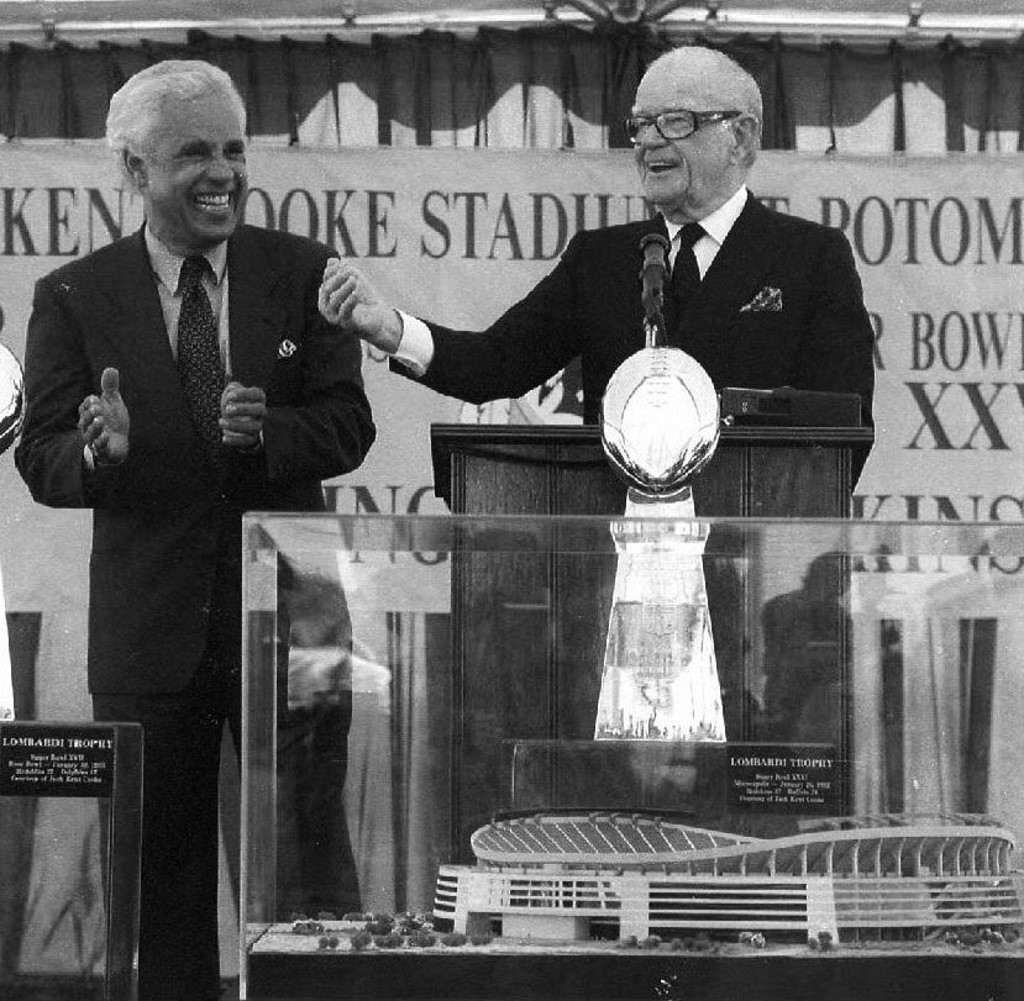
Super Bowl I (1967)
The first Super Bowl was a broadcast like no other, as both NBC and CBS simultaneously broadcasted the game. NBC had the right to broadcast the AFL games, while CBS had the right to broadcast the NFL games, allowing both networks to cover the game. CBS had Ray Scott, Jack Whitaker, and Frank Gifford providing commentary to 22.6 million people, and NBC drew 18.5 million for a total of 51.1 million viewers. Curt Gowdy and Paul Christman were the commentators for NBC and called the Green Bay Packers defeating the Kansas City Chiefs 35-10. Unfortunately, this game was also blacked out to nearly 15 million viewers because of the NFL’s local blackout rules, and this would be the case for years to come.
Super Bowl II (1968)
CBS held the exclusive rights to broadcast Super Bowl II with Ray Scott, Pat Summerall, and Jack Kemp on commentary. The game drew 39.1 million viewers; however, there were some technical issues with the broadcast. During the end of the second half and halftime, 80 percent of the country lost the feed of the CBS broadcast so that the movie Heidi could be shown.
Also, the full game footage of Super Bowl II is considered lost. There are photos and brief highlight clips of the game, but not the entire tape. The Green Bay Packers soundly defeated their AFL opponent again, defeating the Oakland Raiders 33-14.
Super Bowl III (1969)
The New York Jets shocked the world when they beat the Baltimore Colts in Super Bowl III, and NBC was the home to this historic moment. The Jets were heavy underdogs on the Super Bowl betting odds, but New York quarterback Joe Namath guaranteed a victory, and he delivered on his promise, winning 16-7 and giving the AFL their first Super Bowl win.
Curt Gowdy, Al DeRogatis, and Kyle Rote were on the call for NBC, and 41.6 million people tuned in to watch the game. Namath won the Super Bowl MVP, and the iconic shot of him pointing his finger in the air as he walks into the tunnel will forever be shown on NFL television.
Super Bowl IV (1970)
The AFL continued their success in the Super Bowl, as the Kansas City Chiefs defeated the Minnesota Vikings 23-7 in New Orleans. CBS was the home of Super Bowl IV with Jack Buck and Pat Summerall on the call. 44.3 million viewers watched the game as Kansas City soundly defeated their opponents. CBS, again, erased the videotape a few days after the game due to the high cost of film, nor did they think preserving old games to be of historical significance.
Luckily a French version of the game exists due to the Vikings’ proximity to Quebec and the fact that Minnesota head coach Bud Grant was a legendary player and coach in the Canadian Football League. NFL Films was at the game, and for the first time, a head coach wore a microphone during a game as Chiefs’ Hank Stram was mic’d up.
Super Bowl V (1971)
This was the first Super Bowl after the completion of the AFL-NFL merger. NBC had the rights to broadcast the game, and they had Curt Gowdy, Kyle Rote, and Bill Enis on the commentary talking to the 46.04 million viewers watching the game. The Baltimore Colts, now in the American Football Conference, defeated the Dallas Cowboys of the National Football Conference.
Cowboys linebacker Chuck Howley won the Super Bowl MVP in a losing effort. This has been the only time the award was given to a member of the losing team. Baltimore scored ten unanswered points in the fourth quarter to win the game 16-13.
Super Bowl VI (1972)
The Dallas Cowboys returned to the big game with revenge on their mind, and their determination paid off. CBS was the home of the Cowboys’ first Super Bowl victory as they beat the Miami Dolphins 24-3. This was the most viewed Super Bowl to date, with 56.6 million people tuning in to CBS to watch the game.
Ray Scott and Pat Summerall were the commentators for this one, as Roger Staubach led the Cowboy’s offense and won the Super Bowl MVP. This was the last Super Bowl with the NFL unconditional blackout rule, where viewers in the host city were unable to watch the game, regardless if the game was sold out or not.
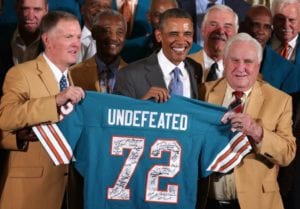
Super Bowl VII (1973)
Los Angeles was again home to the Super Bowl, and NBC was again the television home for the NFL Championship game. The Miami Dolphins took on the Washington Redskins, and Miami won 14-7. 53.3 million people tuned in to NBC to watch Curt Gowdy, Al DeRogatis, and Bill Enis call the action.
This was the first time the NFL lifted their blackout restrictions, so people in the Los Angeles area could watch the Super Bowl on television. Washington was the slight favorite on the Super Bowl money line, but the Dolphins scored 14 points in the first half, and that was enough to secure their first Super Bowl victory. It was the first time in the history of the league, and the only time since, that a team has gone undefeated in a season and won the Super Bowl.
Super Bowl VIII (1974)
The Miami Dolphins were back in the Super Bowl, and they repeated as world champions, defeating the Minnesota Vikings 24-7. CBS broadcasted the game to 51.7 million viewers and had Ray Scott, Pat Summerall, and legendary Packers quarterback Bart Starr in the booth to call the game. This was Scott’s final broadcast for CBS. The following year, Summerall took over as the lead play-by-play announcer for the network.
The Dolphins were heavy favorites coming into Super Bowl VIII, and they looked like the much better team, jumping out to a 14-0 lead after the first quarter and taking a 24-0 lead into the fourth quarter. The Vikings never had a chance at covering the spread, and Miami’s Larry Csonka became the first running back to win Super Bowl MVP, as he rumbled for 145 rushing yards on 33 carries and two touchdowns.
Super Bowl IX (1975)
The Minnesota Vikings returned to the Super Bowl, but the Pittsburgh Steelers shut them down and won their first Super Bowl with the final score of 16-6. NBC had the right to broadcast this Super Bowl, with 56 million viewers to watch this one. Curt Gowdy, Al DeRogatis, and Don Meredith were on commentary to call the birth of the Steelers dynasty.
Pittsburgh running back Franco Harris outran the entire Vikings team, as he compiled 158 rushing yards versus the 119 total yards for the Minnesota offense. Harris was awarded the Super Bowl MVP for his effort while running full steam into the hearts of every Steeler fan for eternity.
Super Bowl X (1976)
The Pittsburgh Steelers returned to the Super Bowl in 1976 and successfully defended their title as world champions. This was the most-viewed Super Bowl to date as 57.7 million tuned in to CBS to watch the Steelers take on America’s Team, the Dallas Cowboys.
Pat Summerall, Tom Brookshier, Hank Stram were the commentators in the tenth Super Bowl. The offense was not at the forefront of this game as Steelers quarterback Terry Bradshaw only completed nine passes in the game. The score was 10-7 going into the fourth quarter, and it looked like it could be either team’s game. Lucky for Bradshaw, he was throwing to Lynn Swann, who caught four balls and had 161 receiving yards, including a 64-yard touchdown reception. The Steelers won the game 21-17, covering the Super Bowl betting lines, and Swann became the first wide receiver to win the Super Bowl MVP.
Super Bowl XI (1977)
The NFL continued their broadcasting momentum with Super Bowl XI. 62 million people tuned in to NBC to watch the Oakland Raiders take on the Minnesota Vikings. This was also the highest attended Super Bowl, with 103,438 raucous fans packed into the Rose Bowl in Pasadena, California.
Curt Gowdy and Don Meredith were on the call as the Raiders put on an offensive clinic, setting a Super Bowl record with 429 total yards. Oakland scored on three consecutive possessions to take a 16-0 lead in the second quarter. Super Bowl moneylines and Super Bowl parlay bets including the Raiders, would have cashed in as they won 32-14. Fred Biletnikoff was named Super Bowl MVP with four catches and 79 receiving yards.
Super Bowl XII (1978)
CBS was the home of Super Bowl XII as Pat Summerall, and Tom Brookshier called the action between the Dallas Cowboys and the Denver Broncos. Dallas was favored on the Super Bowl betting odds board by six points, and they easily covered that spread. A record-setting 78.9 million people tuned in to watch “America’s Team” win another Super Bowl as they took care of the Broncos 27-10.
For the first and only time ever, two players were named Super Bowl MVP, with defensive tackle Randy White and defensive end Harvey Martin winning co-MVP awards. This was also the first Super Bowl to be played in prime time, which could be the main reason for the drastic uptick in viewership.
Super Bowl XIII (1979)
The teams of the ’70s clashed in the final Super Bowl of the decade as the Pittsburgh Steelers took on the Dallas Cowboys in Super Bowl XIII. The Super Bowl betting odds on this one we’re close to even on both sides. NBC had the rights to broadcast this game as Curt Gowdy, John Brodie, and Merlin Olsen were the team to call it. 74.7 million watched the offensive showcase between the two teams as the Steelers came out on top 35-31 and became the first franchise to win three Super Bowls.
Terry Bradshaw earned Super Bowl MVP honors with his 318 passing yards and four touchdowns. His 75-yard touchdown pass to John Stallworth was tied with Johnny Unitas in Super Bowl V for the longest pass in Super Bowl history.
Super Bowl XIV (1980)
CBS was the home of Super Bowl XIV, and the Pittsburgh Steelers continued their dominance as they defeated a new foe, the Los Angeles Rams, by a score of 31-19. Pat Summerall and Tom Brookshier called the action for 76.2 million viewers as the game was close through three quarters. However, Pittsburgh managed to cover the spread by running away with it in the fourth, scoring 14 unanswered points. Despite throwing three interceptions, Bradshaw repeated as Super Bowl MVP, thanks to his 309 passing yards and two touchdowns.
Football was popular before the invention of the Super Bowl and the AFL-NFL merger. As seen in the television viewership, the 1970s was a gigantic success for the NFL in growing their popularity. Even before the move to prime time, the Super Bowl was broadcast on television for nearly 50 million viewers. With superstar teams like the Steelers and the Cowboys in the Super Bowl, even the casual football fan could tune in to the game and know who the players were.
Even in the ’70s, the Super Bowl was not nearly as big as it has become today. Big-name musical acts were not headlining the halftime show and the cost of a commercial spot, while still expensive, was not near the prices they are today. The early years of the Super Bowl were the foundation for the NFL to become the juggernaut it has become today. CBS and NBC were the only networks to broadcast a Super Bowl, but as more networks saw the value of the Super Bowl, that began to change. Determining which network would win the rights to host the game changed as much as the odds to win the Super Bowl itself.






